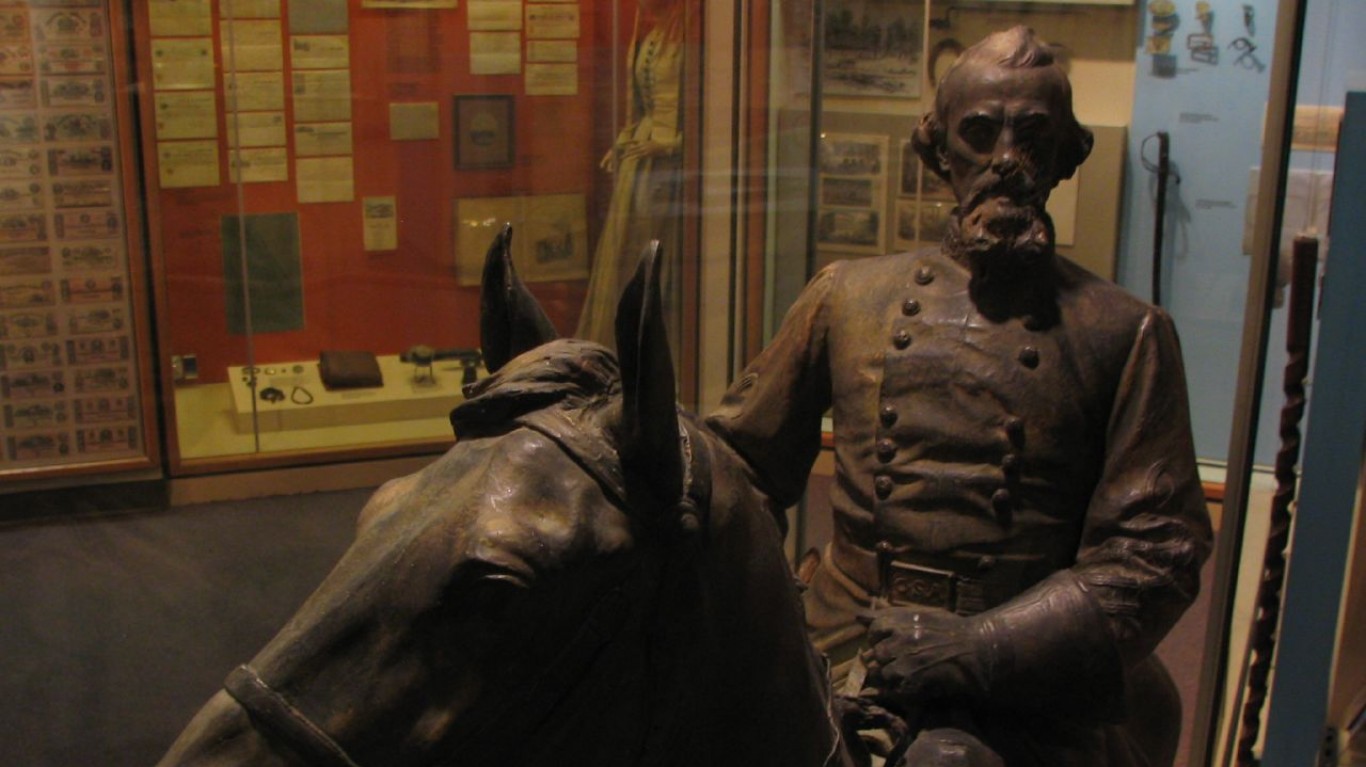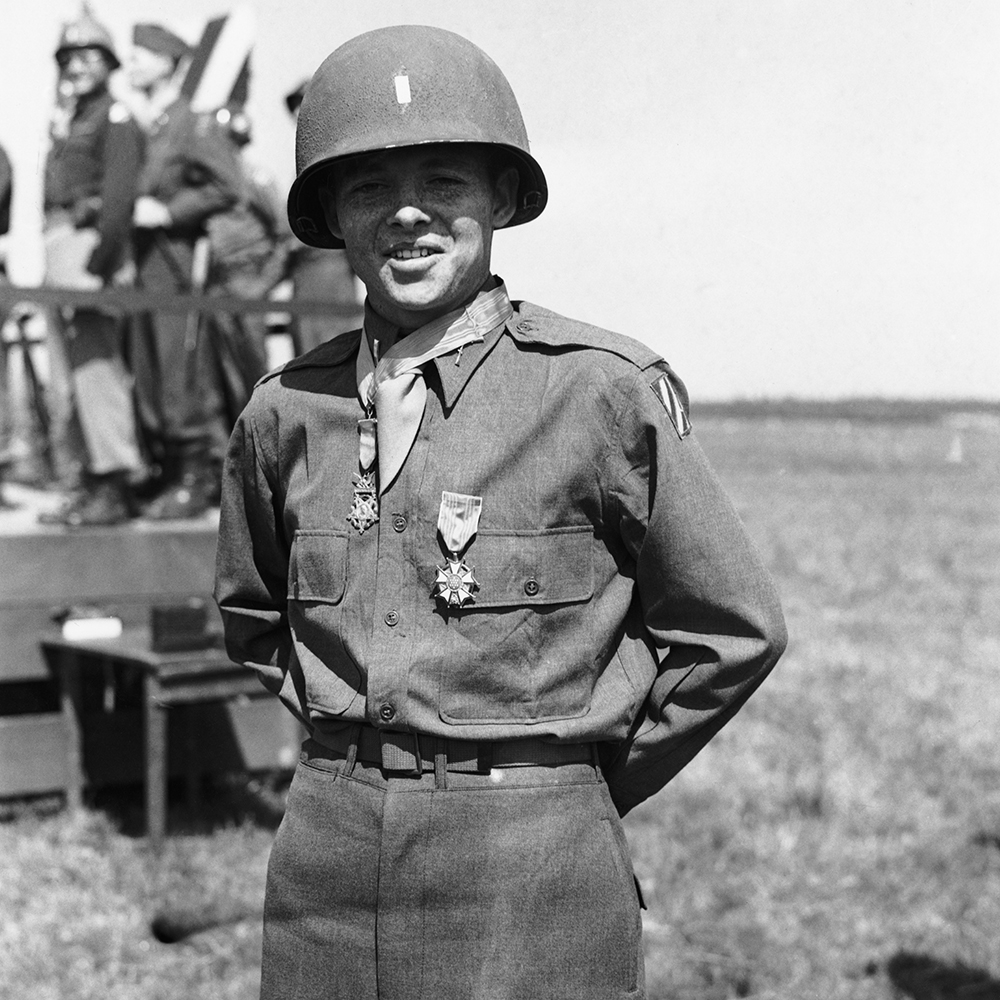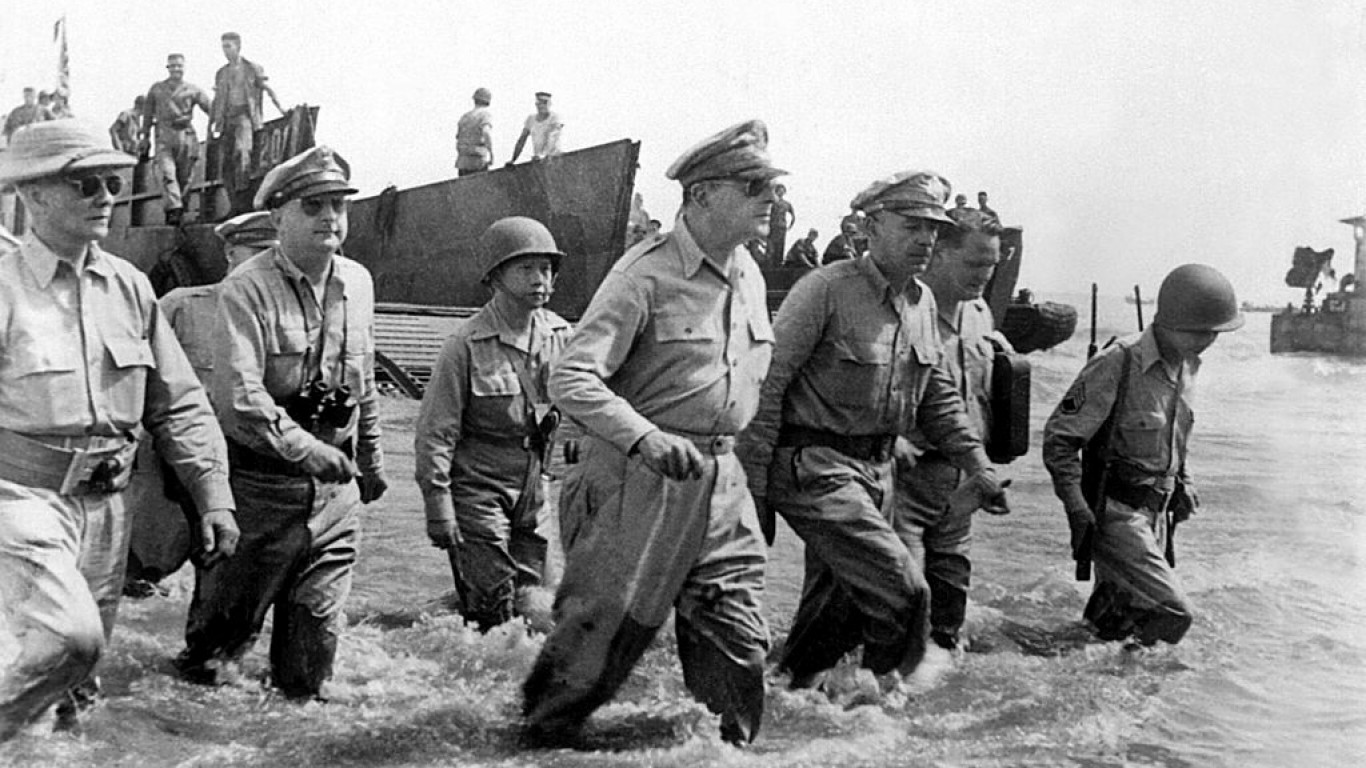

General is the top rank in the Army, Marines, and Air Force nowadays. The highest rank currently attainable in the military is four-star general, though there were five-star generals in WWII like Douglas MacArthur and Dwight Eisenhower, the two eminent leaders then. That rank vanished in peacetime.
George Washington was the first American Commanding General of the Continental Army. The number of generals surged during the Civil War to around 1,000 but has since plummeted. (These are the 15 highest ranking U.S. military generals and admirals.)
Despite the military remaining under civilian control since America’s founding, distinguished generals hold a special status. Becoming a general has proven a stepping stone to the presidency – twelve generals later became president, half of whom served during and after the Civil War. The leadership and decisiveness that marked their military careers propelled their political ascents.
Some of the most prominent generals served during pivotal historical moments. They led forces in crucial battles, shaped the trajectory of whole wars, or commanded the largest troop numbers ever. Their wartime leadership and experience paved the way for them to reach the pinnacle of political power as president. (This is each president’s path to the Oval Office.)
Click here to see the greatest generals in American history
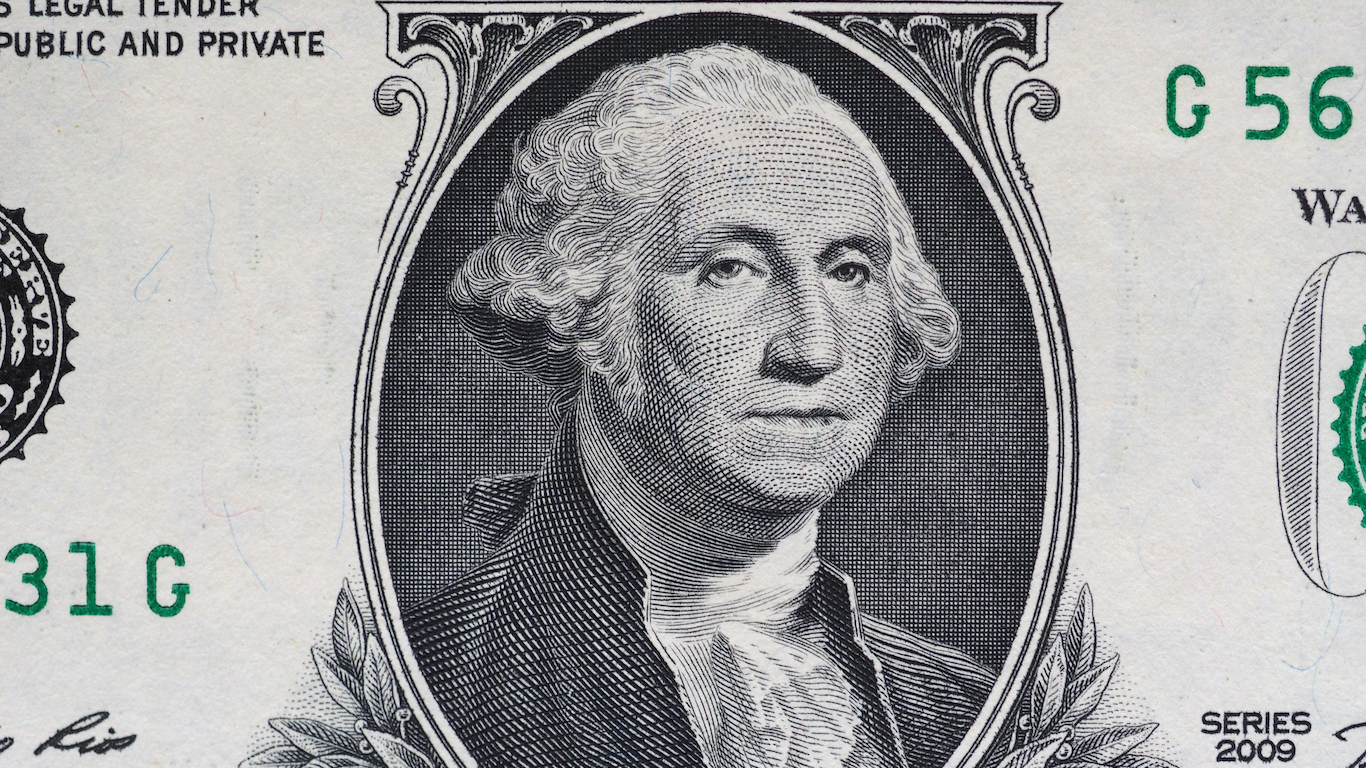
1. George Washington
Washington has to top this list. As commanding general of the Continental Army, he was more responsible for the victory of the U.S. over Great Britain in the Revolutionary War. He was the first of 12 generals who later became president. In 1976, President Gerald Ford promoted Washington to “General of the Armies of the United States,” a rank topping every general in the United States Army.
[in-text-ad]
2. Andrew Jackson
Jackson, America’s seventh president, was crucial to the U.S. during the War of 1812, defeating the Creek Indians, who were allies of the British, and the British themselves at the Battle of New Orleans.
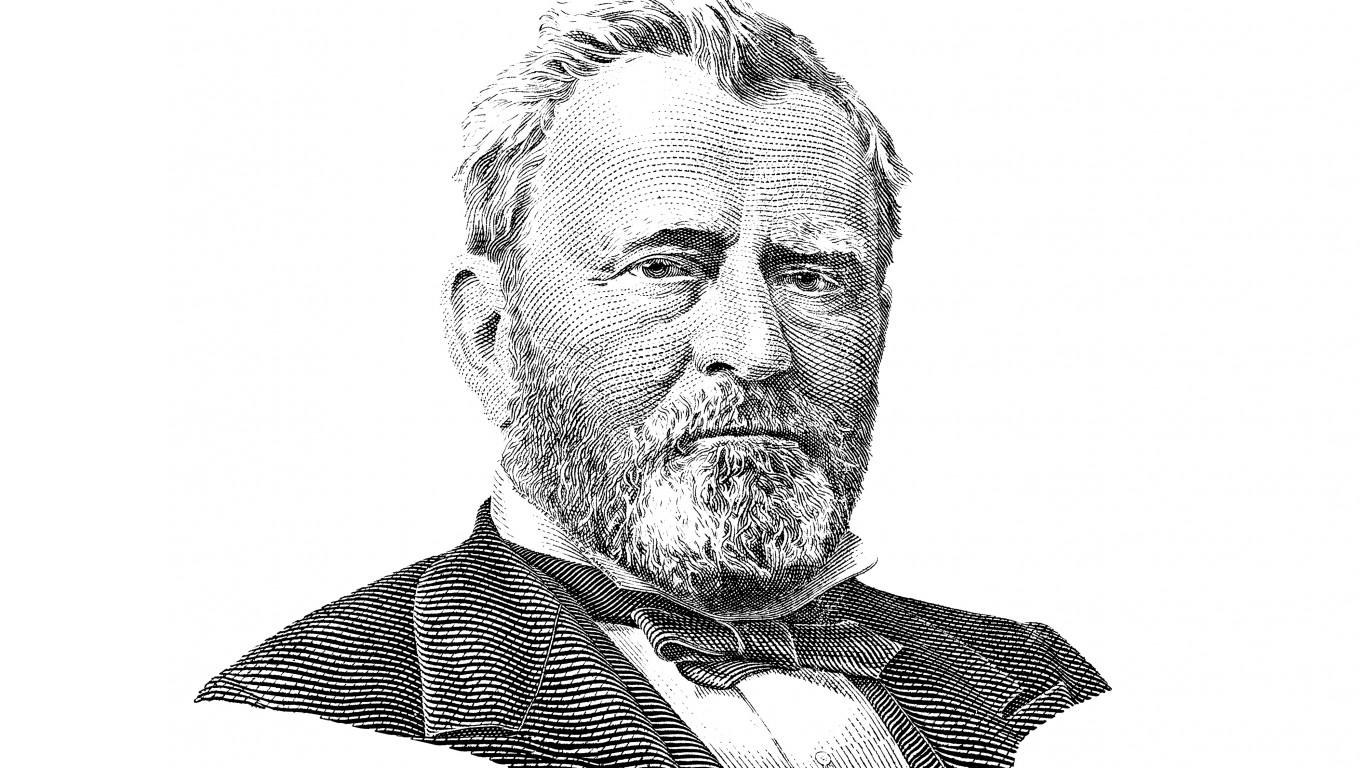
3. Ulysses S. Grant
Grant, yet another general who became president, was the most important general of the Civil War. Highly successful in engagements in the West, President Abraham Lincoln made him head of all U.S. armies, after which he defeated Confederate General Robert E. Lee and ended the war.
4. William Tecumseh Sherman
Sherman was Grant’s second in command throughout the Civil War, and took over in the Western U.S. when Grant moved East to run the war for the Union. He is best known for his “March to the Sea” from Atlanta to Savannah, the first example of “total warfare” which destroyed vast amounts of Confederate property.
[in-text-ad-2]
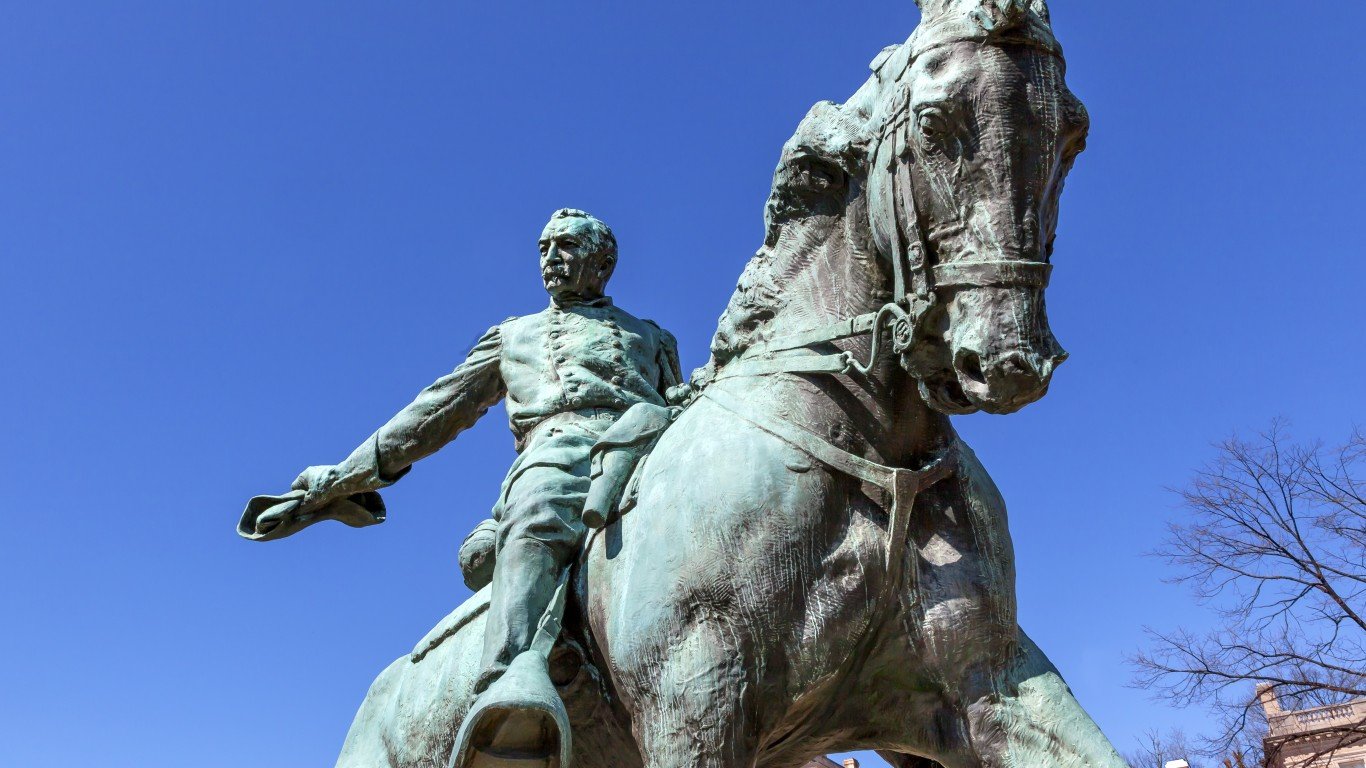
5. Philip Sheridan
Sheridan was in charge of Grant’s cavalry throughout most of the Civil War. However, he is best known for his cruel war against Native Americans in the West. Under his command, thousands of Indians were killed, and tribes were forced onto reservations.
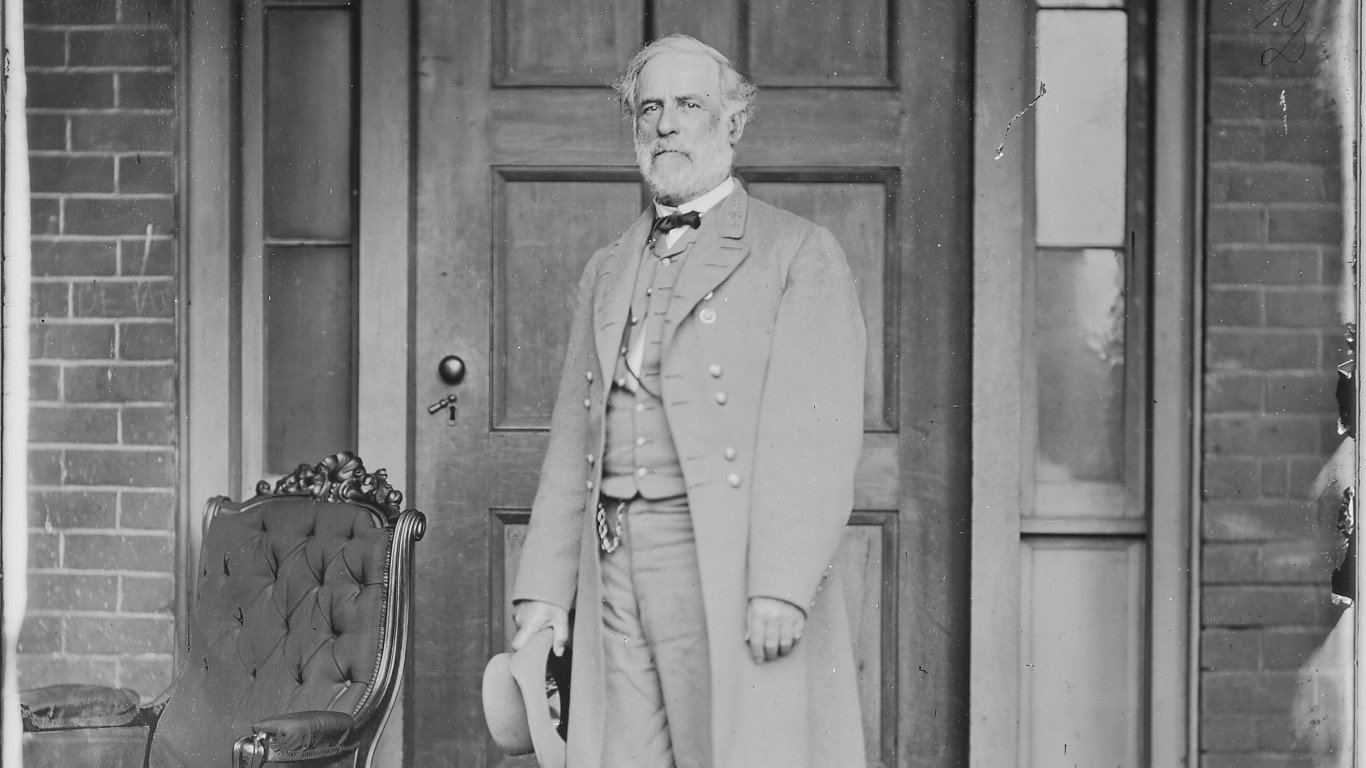
6. Robert E. Lee
It is reasonable to ask why Lee belongs on a list of American generals since he was the leading general of the Confederacy. Lee, however, was skilled enough to keep the much larger Union Army at bay though the Civil War and engineered several of the South’s greatest victories.
[in-text-ad]
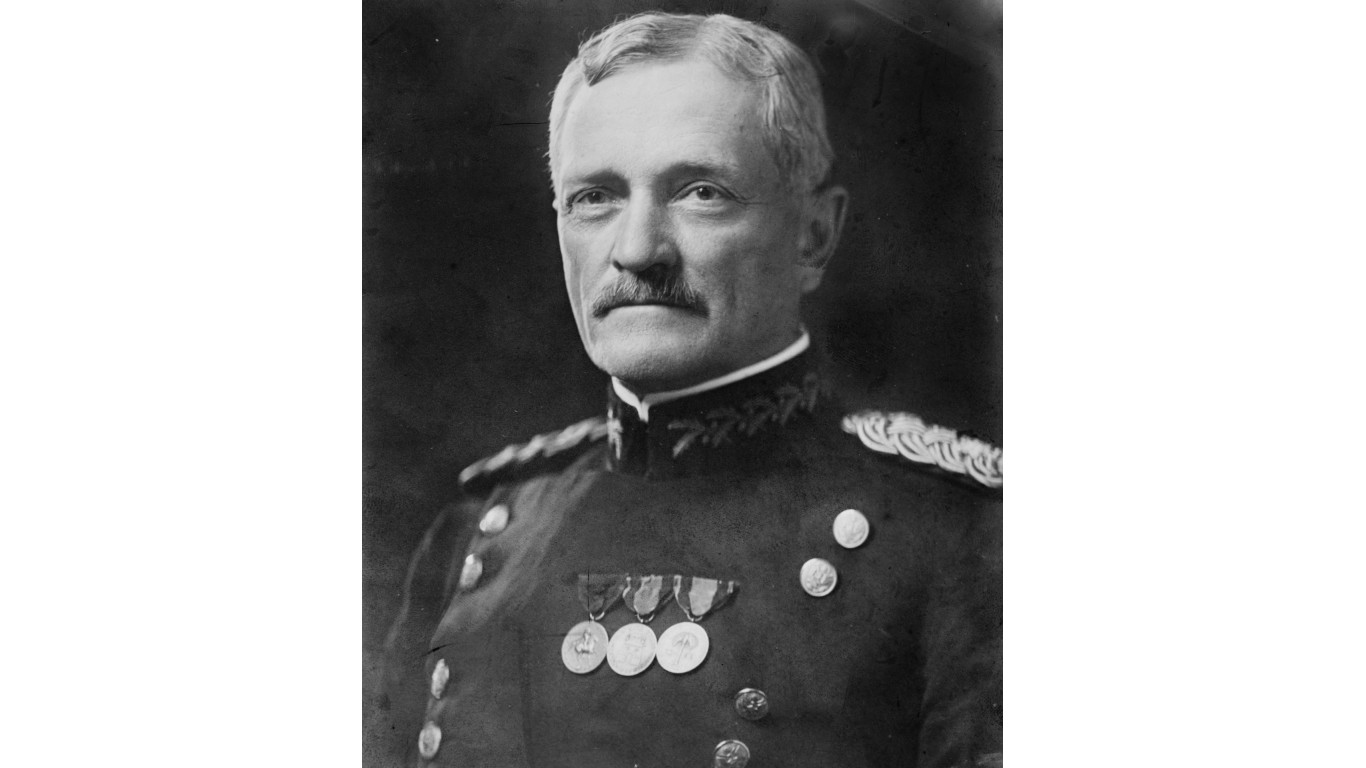
7. John J. Pershing
Pershing was the leader of the U.S. Troops during WWI. He oversaw what was known as the American Expeditionary Forces. America’s late entry into the war tipped the scales toward the British and French, who had been in a military stalemate against the Germans for years. The effect was a German defeat.

8. Douglas MacArthur
MacArthur commanded the U.S. armed forces in the Pacific theater during WWII and defeated the Japanese. He also led allied forces during the Korean War that prevented the communist North Korean and China from overrunning the peninsula. One of his greatest contributions was not as a soldier. He was critical in rebuilding Japan in the years immediately following WWII.
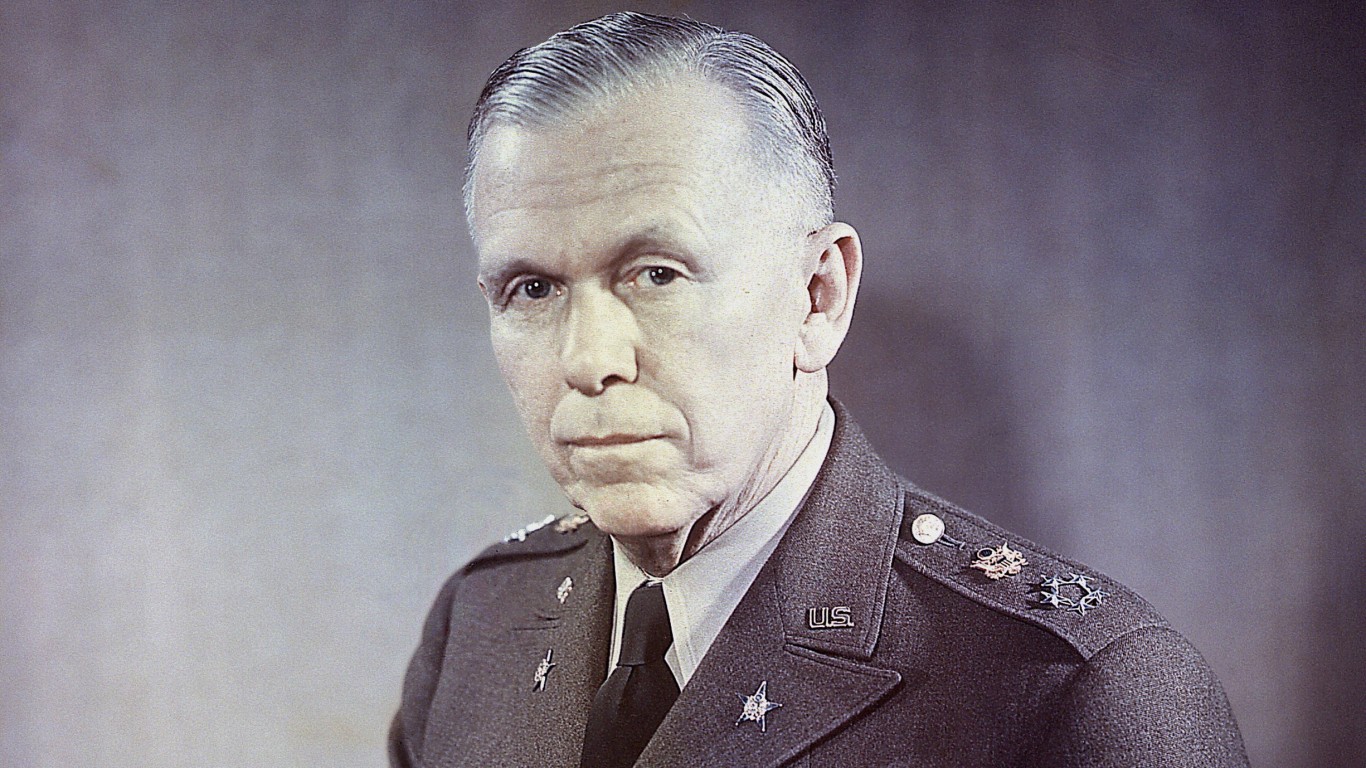
9. George C. Marshall
Marshall’s name is not anywhere near as well known as Eisenhower’s or Patton’s. However, his efforts in WWII were just as important. As the Army’s chief of staff, he spent a great deal of time with President Franklin Roosevelt determining the strategy of the U.S. forces. Marshall also was the architect of the plan to rebuild Western Europe after the war.
[in-text-ad-2]
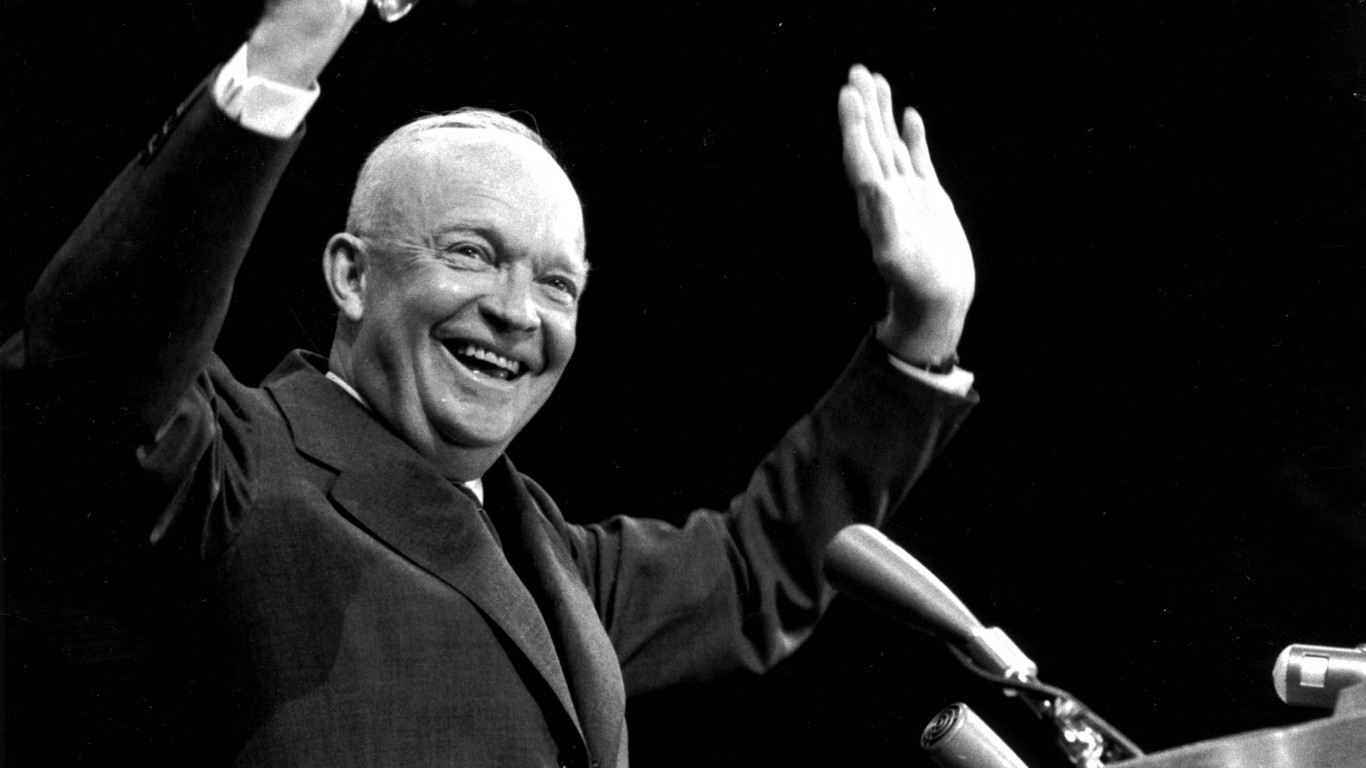
10. Dwight Eisenhower
Eisenhower was the supreme commander of all Allied forces in Europe and Africa. He was the engineer of the Western Allies victory over Germany. Eisenhower was another general who eventually became president of the United States.
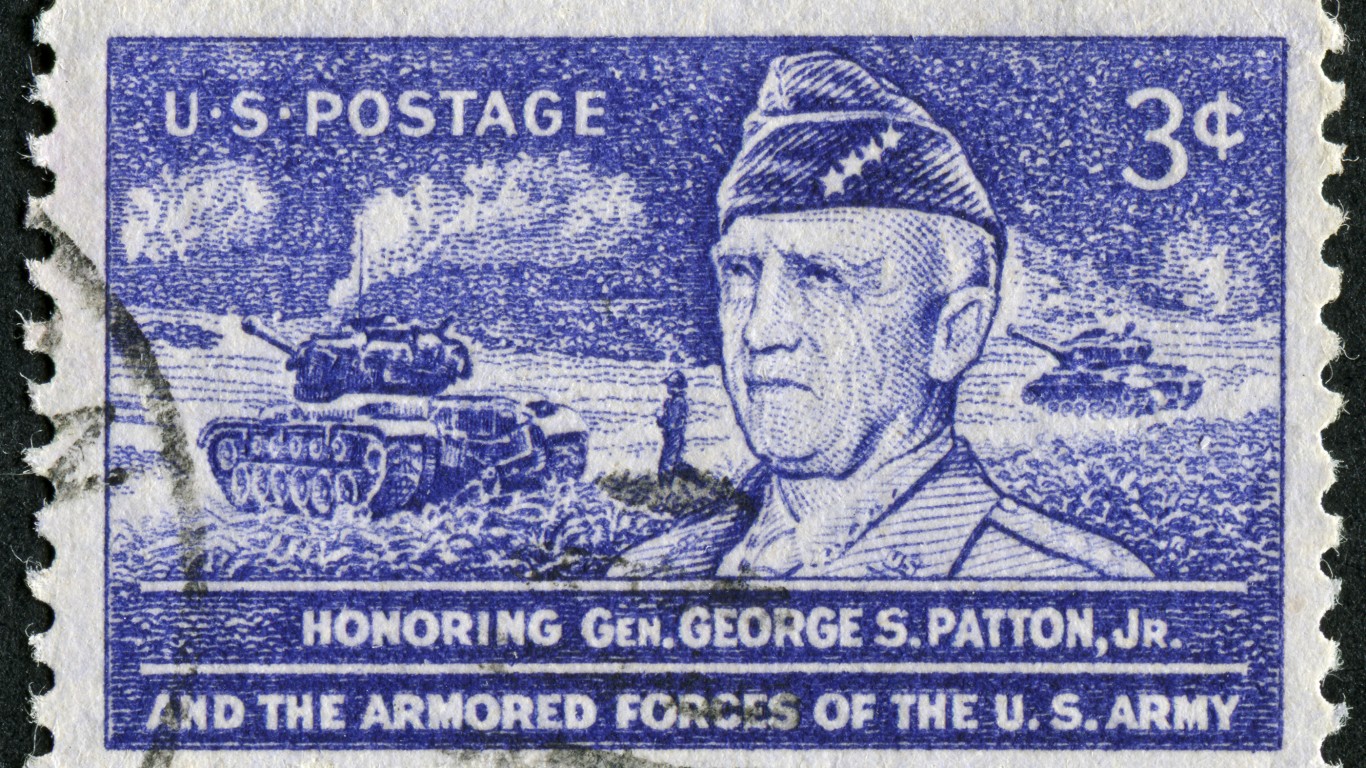
11. George S. Patton
Patton was arguably the most famous general of WWII after Eisenhower. Known as a tactical genius, he oversaw Allied victories in Africa, Italy, France, and Germany.
[in-text-ad]
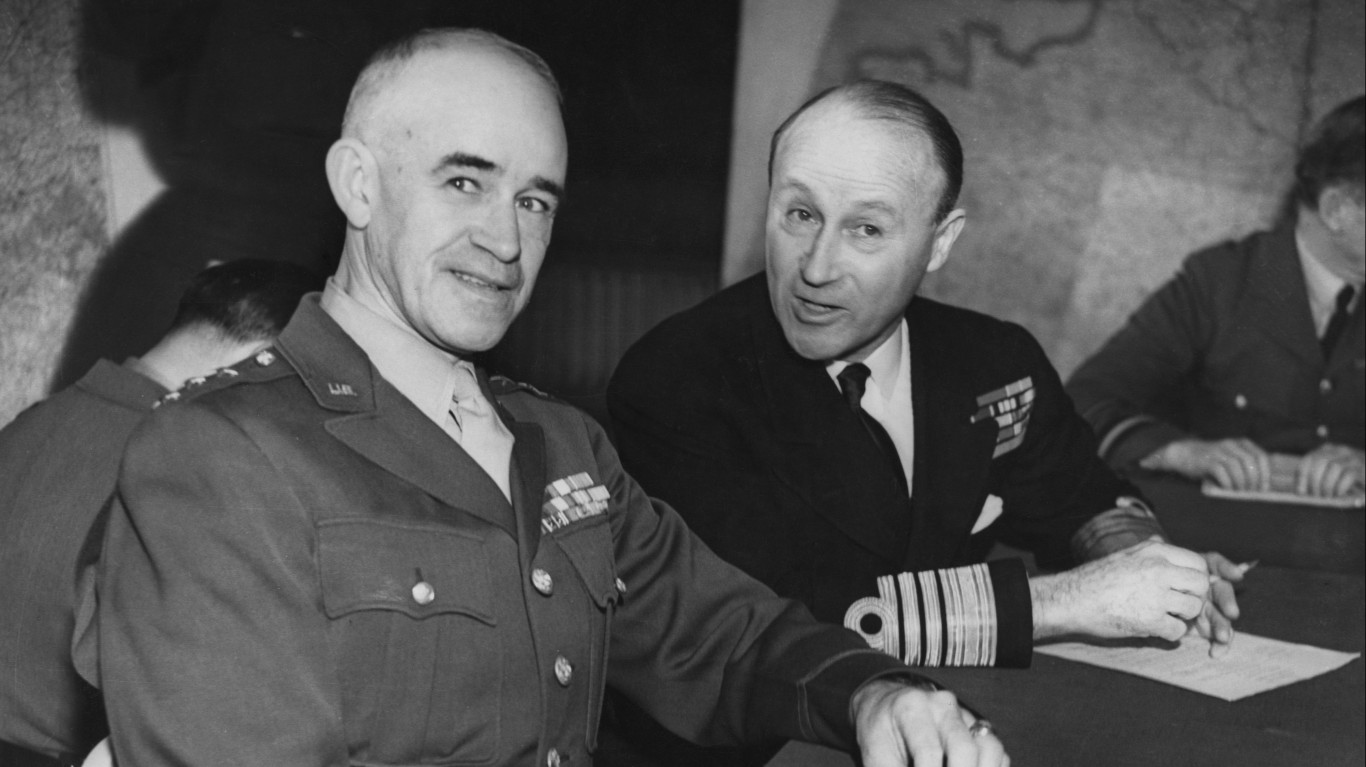
12. Omar Bradley
Bradley was another of Eisenhower’s chief subordinates. He commanded a large portion of the D-Day landing force. Later in WWII, he ran the Twelfth United States Army Group, which was one of the largest forces in U.S. history.
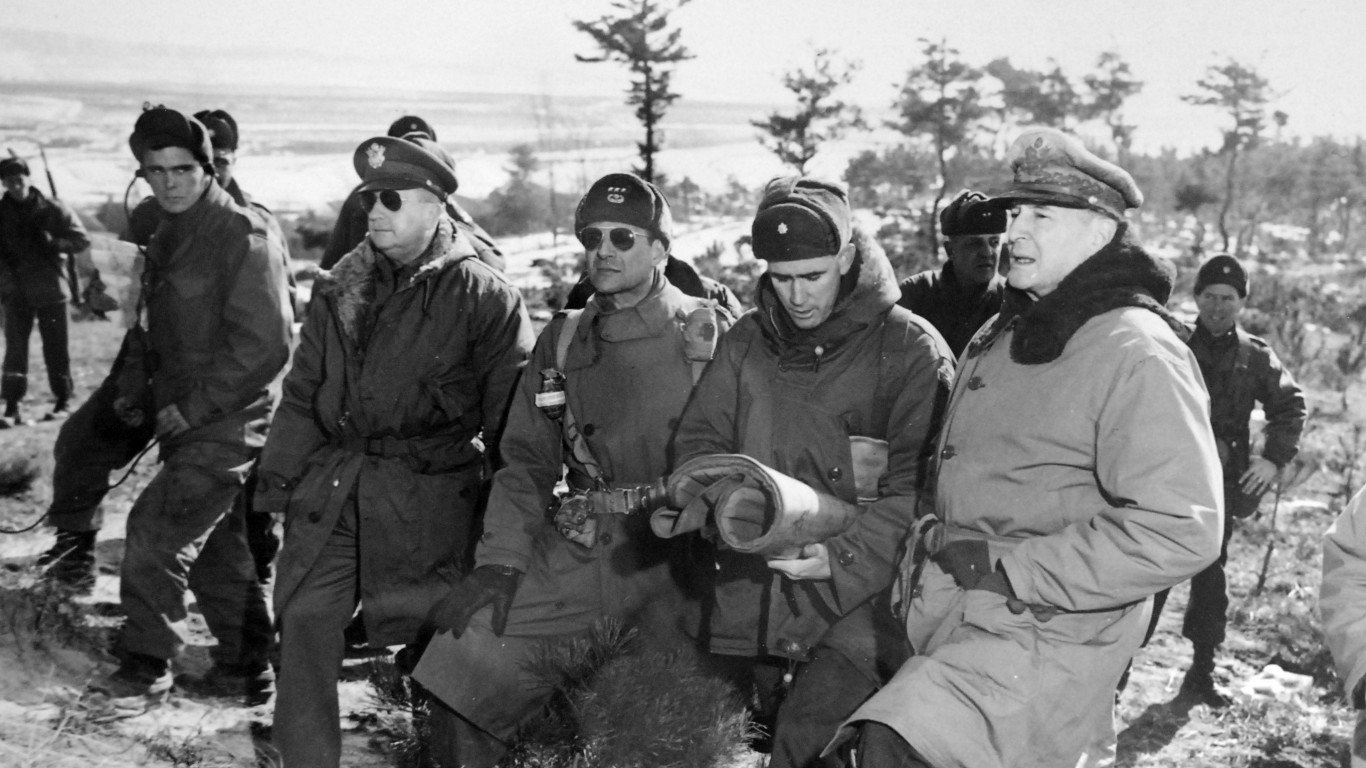
13. Matthew Ridgway
Ridgway served in senior posts during WWII. However, he was best known for overseeing the UN forces during the Korean War, and turning around those forces that had been badly damaged by the North Koreans.
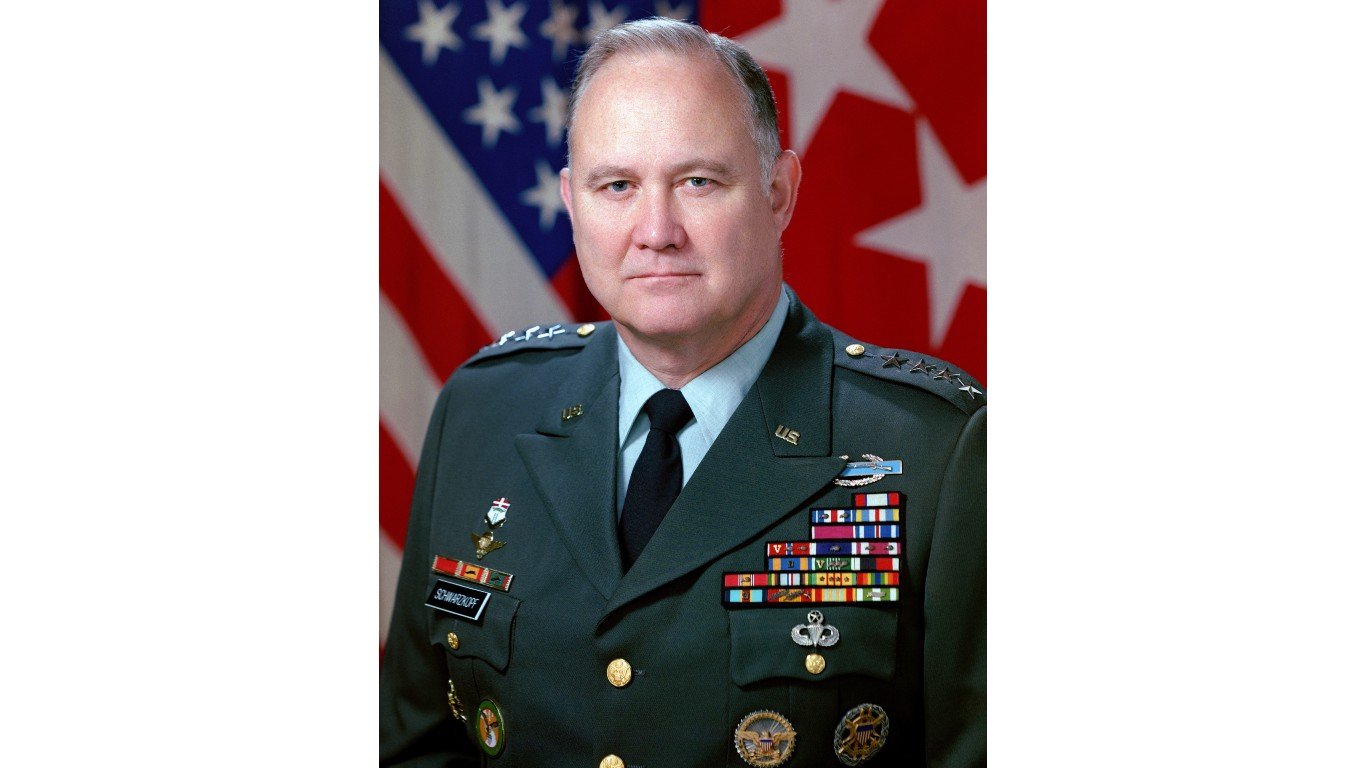
14. Norman Schwarzkopf
Schwarzkopf commanded Operation Desert Storm, the American-led military action that liberated Kuwait from Iraqi occupation during the Persian Gulf War in 1991. Following a six-week-long air bombardment of Iraq and its positions in Kuwait, the ground campaign involving 700,000 troops began on Feb. 24, 1991. The campaign lasted only 100 hours, as coalition forces quickly retook Kuwait and destroyed or incapacitated most of the Iraqi army while sustaining only minimal casualties.
[in-text-ad-2]
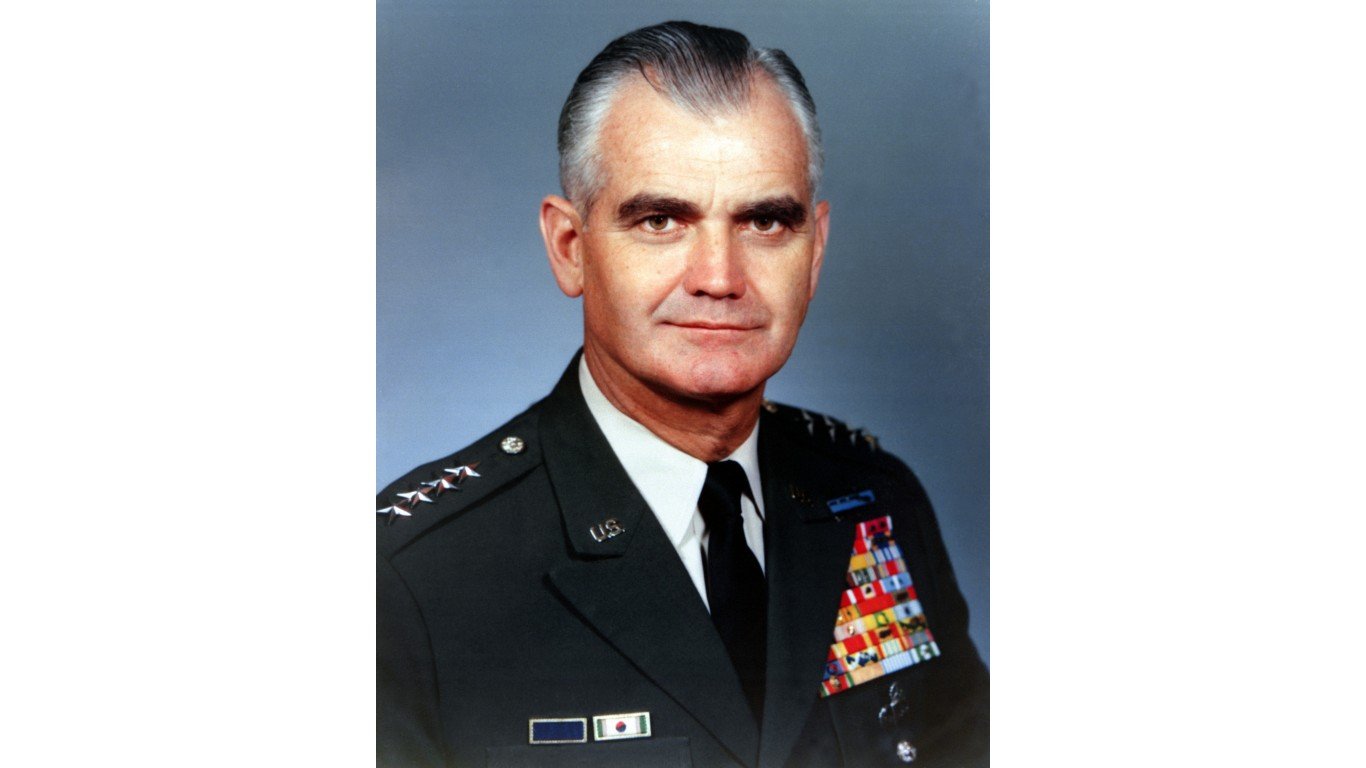
15. William Westmoreland
Westmoreland is best known for his role commanding all troops in the Vietnam War. He has been blamed for misleading both the government and the public about the U.S. progress, and the eventual defeat of American-backed forces.
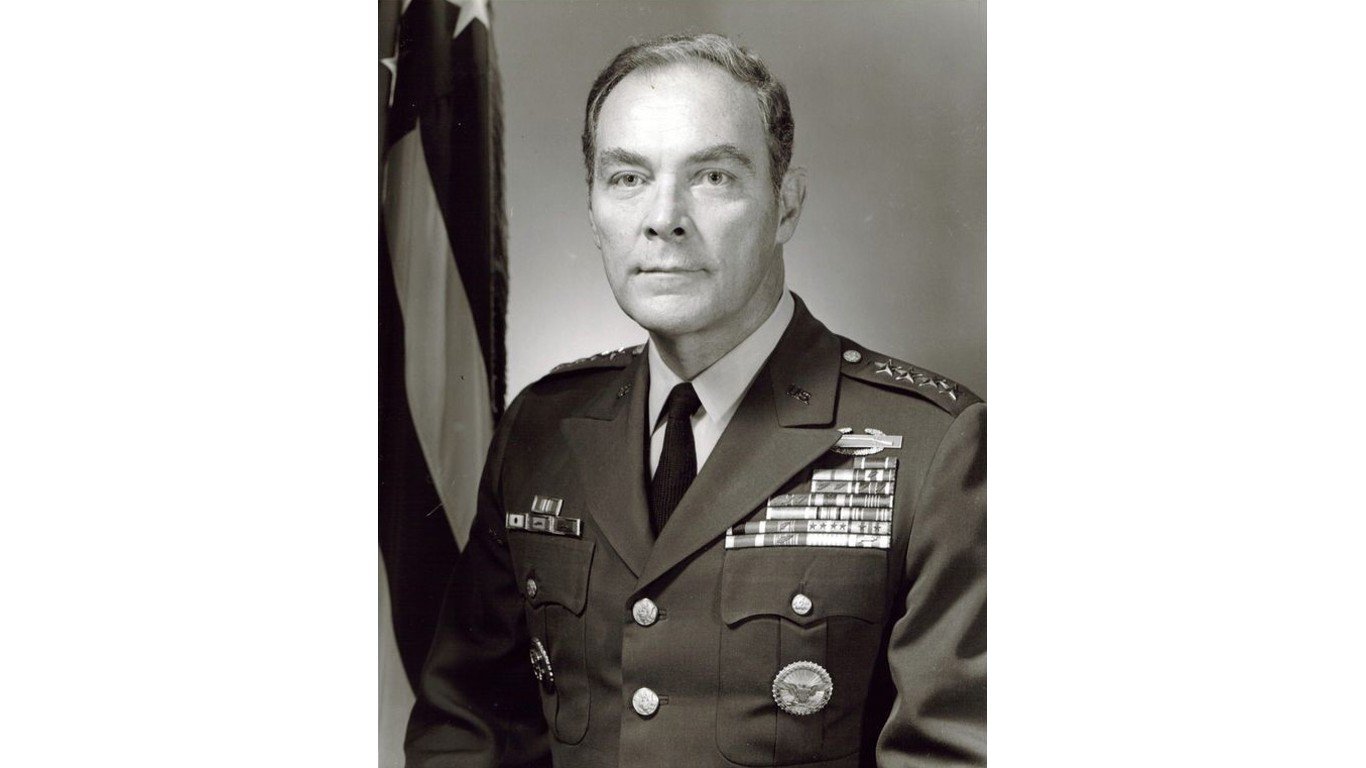
16. Alexander Haig
Haig was well-known for commanding U.S. troops in Europe during the 1970s. However, the peak of his career was as White House Chief of Staff under Gerald Ford.
[in-text-ad]
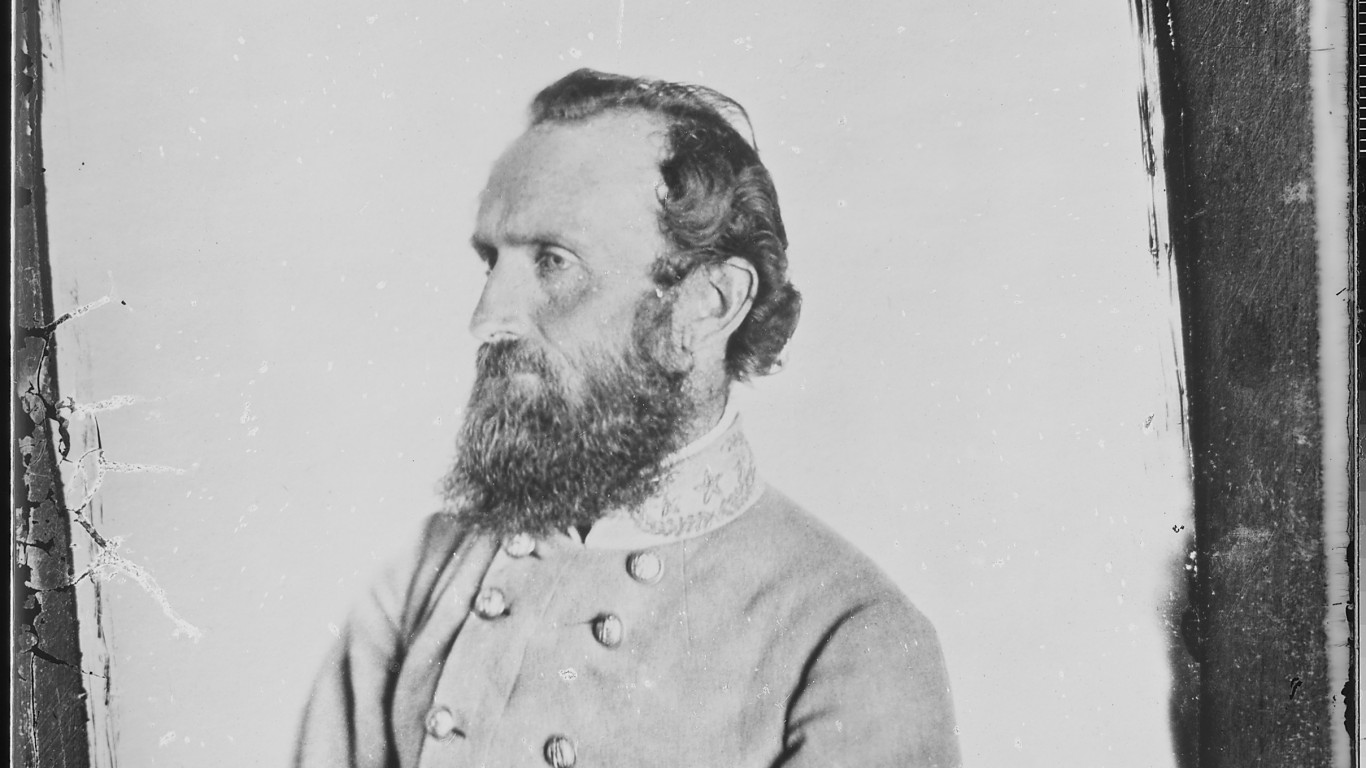
17. Thomas “Stonewall” Jackson
Combining a stern righteousness with battlefield brilliance, Confederate General Thomas “Stonewall” Jackson, in collaboration with Robert E. Lee, defeated the Union Army at both battles of Bull Run and at Chancellorsville. It was at Chancellorsville where Jackson was shot by friendly fire and died.
18. Nathan Bedford Forrest
Considered to be a military genius despite his lack of formal military training, the charismatic Forrest acted as a semi-independent Confederate cavalry commander during much of the Civil War. His command conducted raids against Union supply and communication lines, depots, and garrisons in many states in the war’s Western sector. Forrest’s campaigns were especially damaging to Union General Ulysses S. Grant’s Vicksburg Campaign. Some contend that Forrest forestalled Vicksburg’s fall in July of 1863 by several months.
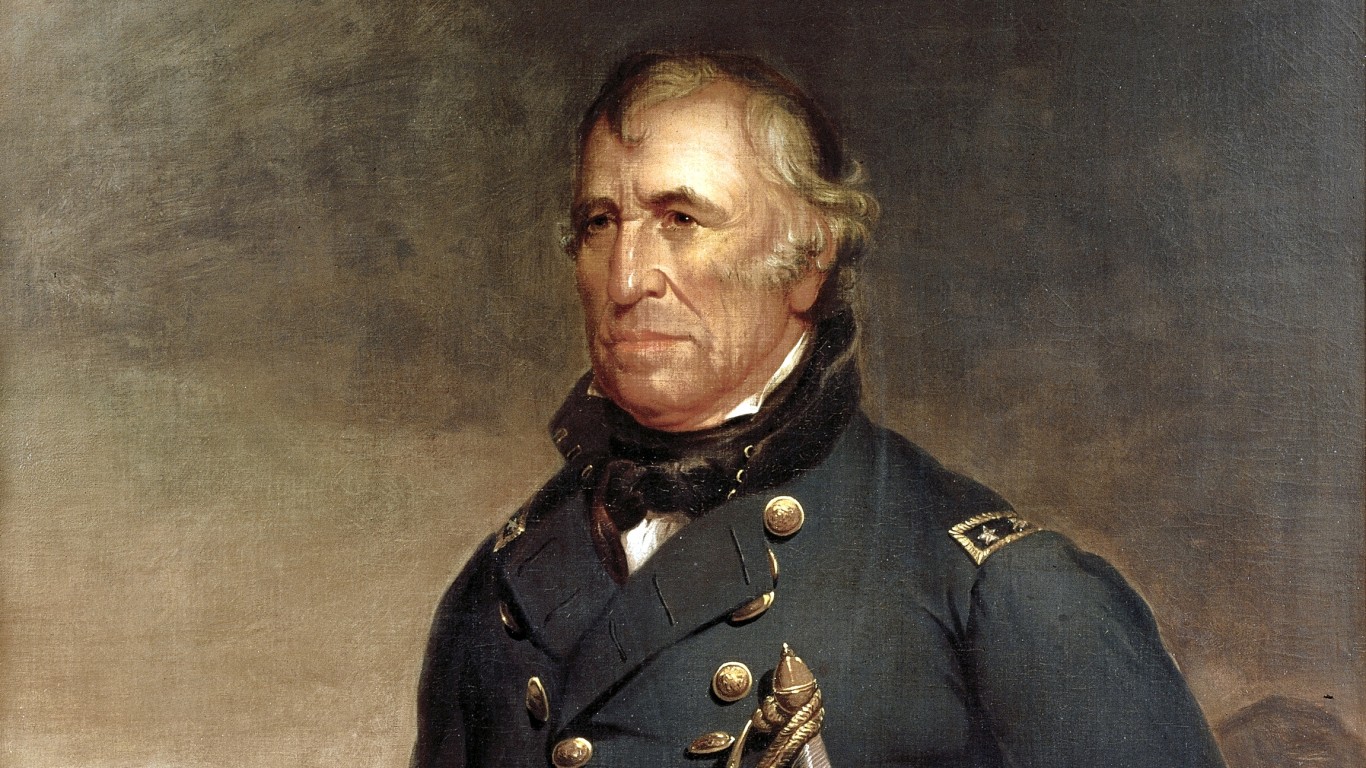
19. Zachary Taylor
Taylor was a career soldier who fought in every significant conflict in the 19th century until he became president in 1849. It was his success in defeating Mexico in the Mexican-American War (1846-1848) that made him a national hero and eventually landed him in the White House.
[in-text-ad-2]
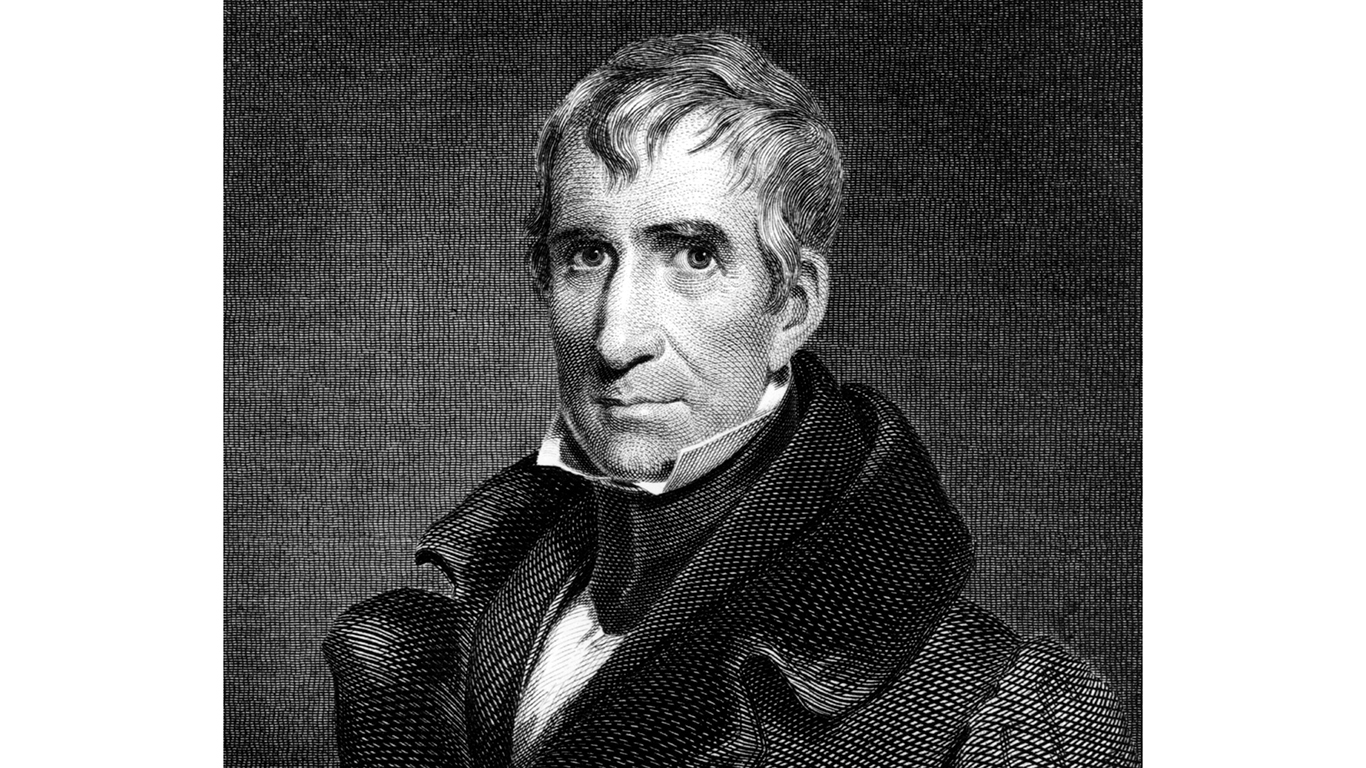
20. William Henry Harrison
Harrison led troops against British-Native American alliances during the War of 1812. He’s best known for defeating the Shawnee at the Battle of Tippecanoe and the Battle of the Thames. The former battle served as the general’s campaign slogan “Tippecanoe and Tyler too.” Harrison was the son of a signer of the Declaration of Independence and the grandfather of Benjamin Harrison, himself a general during the Civil War.
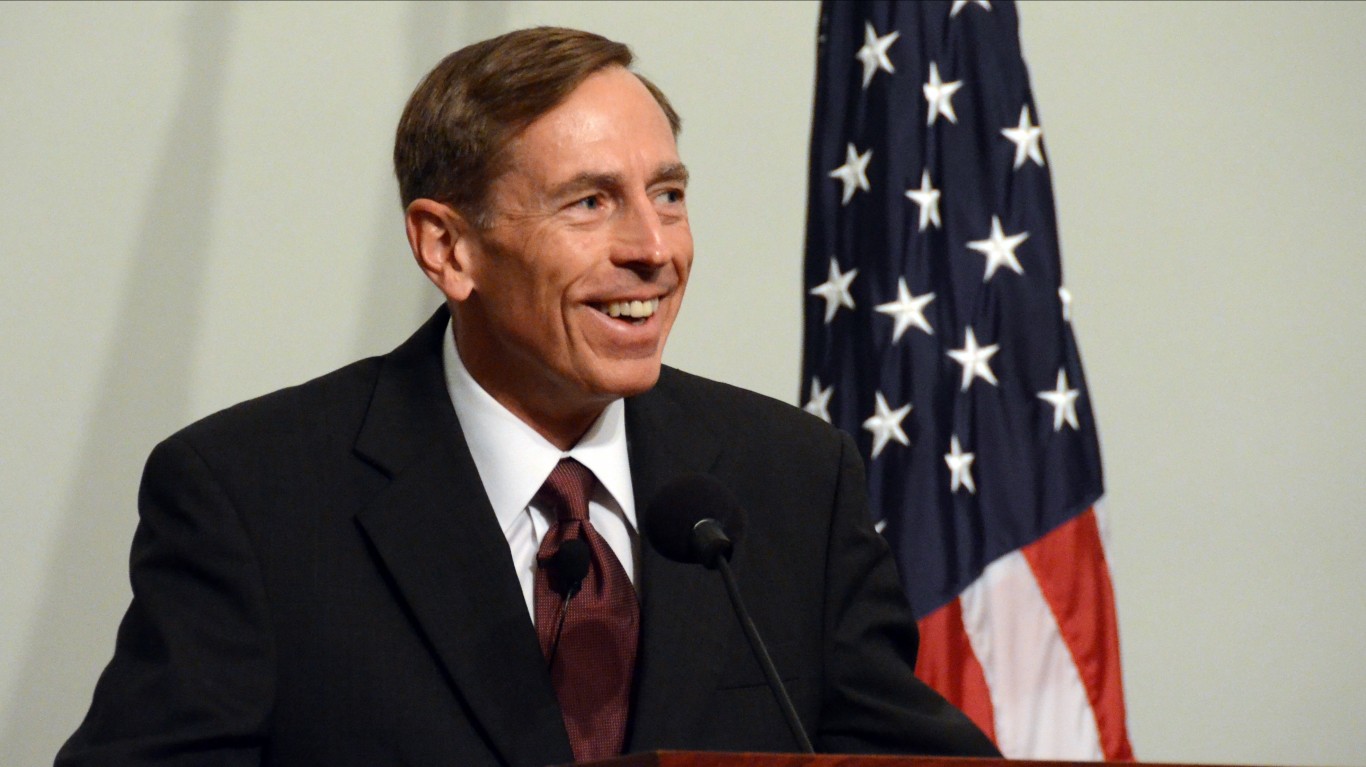
21. David Petraeus
Petraeus is credited with using his counterinsurgency skills to turn around the Iraq war. Petraeus recognized that the military was not effectively using the lessons of counterinsurgency. Because of his expertise in counterinsurgency operations and successful leadership as a division commander, President George W. Bush selected him to lead all forces in Iraq. The renewed emphasis on counterinsurgency tactics championed by Petraeus is credited with turning the tide of the Iraq War
ALERT: Take This Retirement Quiz Now (Sponsored)
Take the quiz below to get matched with a financial advisor today.
Each advisor has been vetted by SmartAsset and is held to a fiduciary standard to act in your best interests.
Here’s how it works:
1. Answer SmartAsset advisor match quiz
2. Review your pre-screened matches at your leisure. Check out the advisors’ profiles.
3. Speak with advisors at no cost to you. Have an introductory call on the phone or introduction in person and choose whom to work with in the future
Take the retirement quiz right here.
Thank you for reading! Have some feedback for us?
Contact the 24/7 Wall St. editorial team.
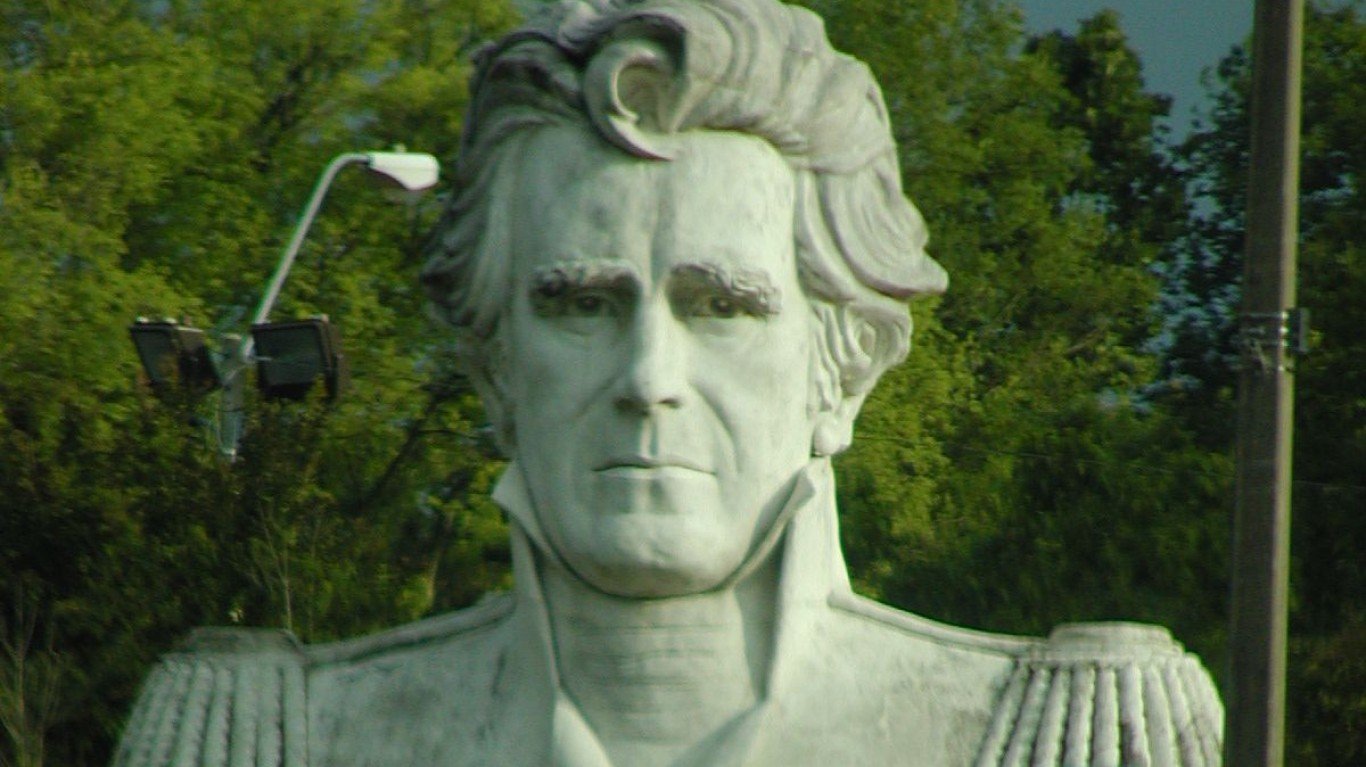
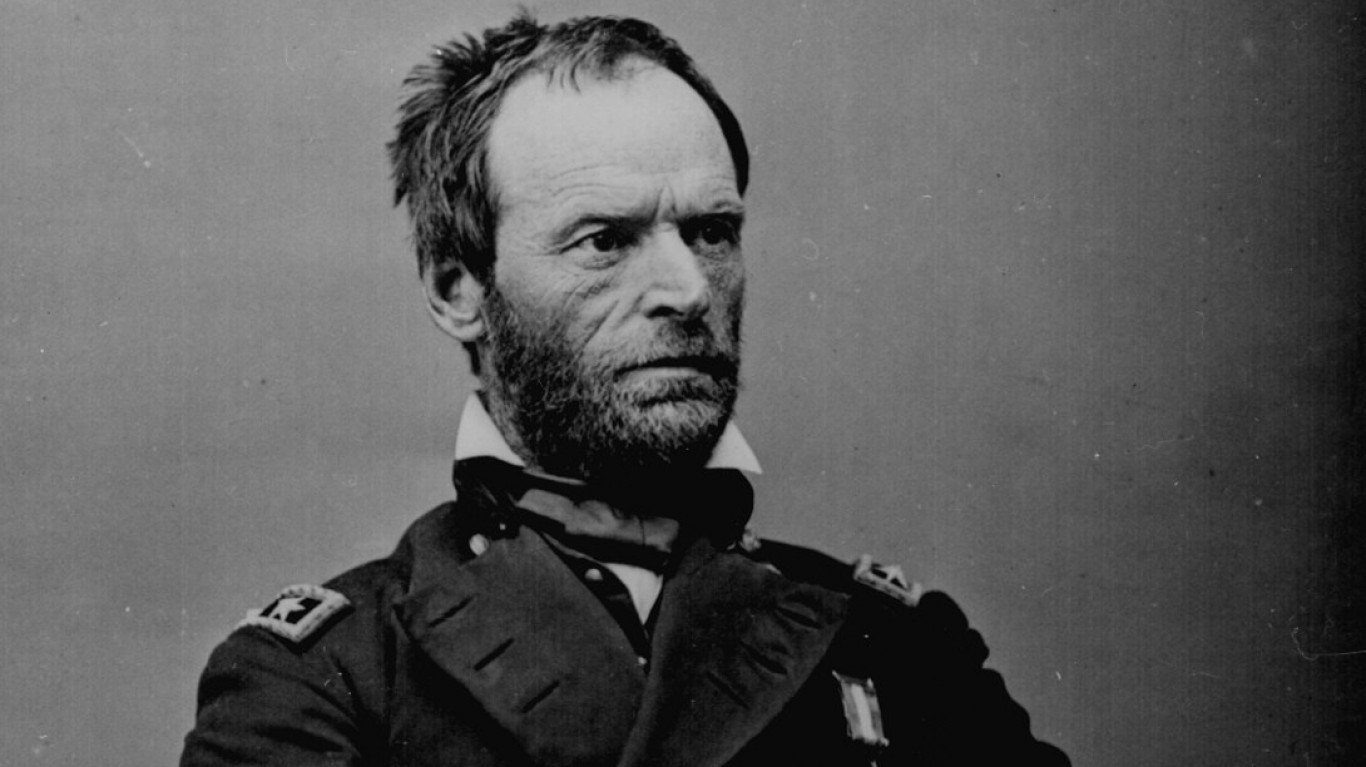
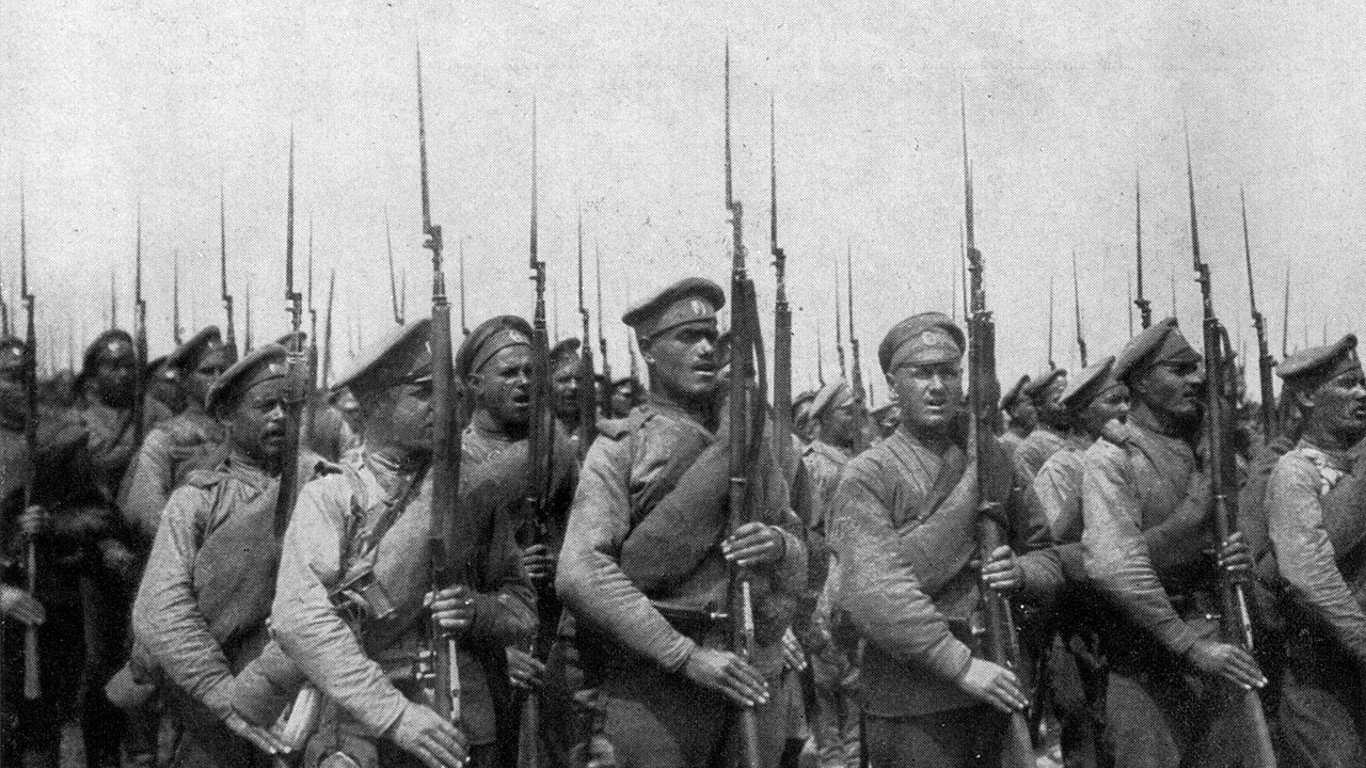 24/7 Wall St.
24/7 Wall St.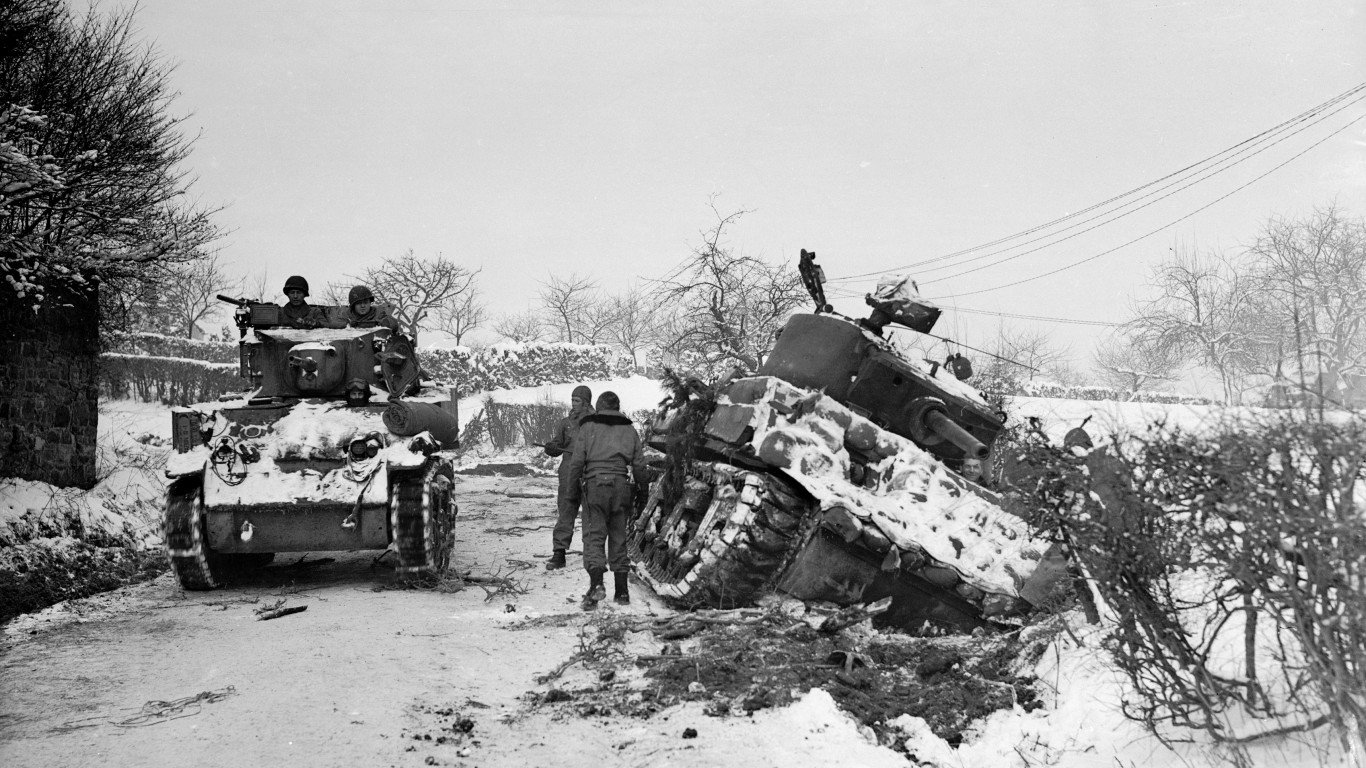 24/7 Wall St.
24/7 Wall St.